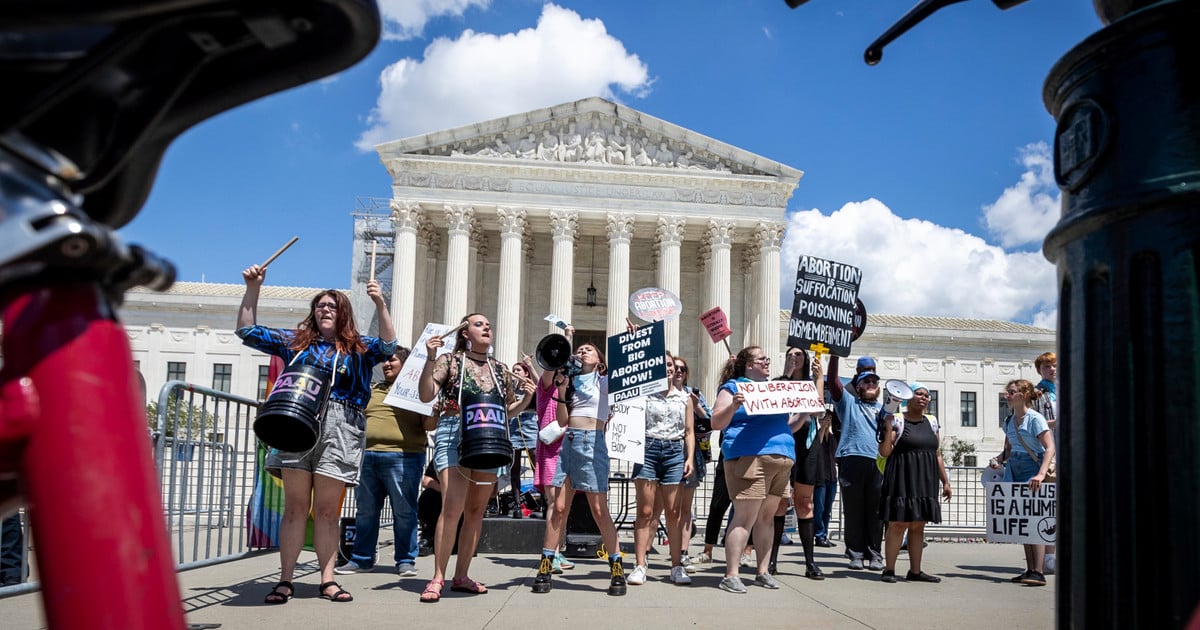ProPublica reviewed 12 of the nation’s strictest abortion bans. Few changed in 2023, as state lawmakers caved to pressure from anti-abortion groups opposing exceptions for rape, incest and health risks.
State Rep. Taylor Rehfeldt was speaking on the floor of the South Dakota Capitol, four months pregnant with her third child, begging her Republican colleagues to care about her life.
“With the current law in place, I will tell you, I wake up fearful of my pregnancy and what it would mean for my children, my husband and my parents if something happened to me and the doctor cannot perform lifesaving measures,” she told her fellow lawmakers last February, her voice faltering as tears threatened.
Rehfeldt was a stroke survivor and her pregnancy put her at high risk for blood clots and heart issues that could kill her. The state’s ban made abortion a felony unless it was “necessary to preserve the life of the pregnant female.” If Rehfeldt developed complications, doctors told her, the law didn’t make clear how close to death she needed to be before they could act.
“When can a doctor intervene? Do I need to have my brain so oxygen-deprived to the point that I am nonfunctional?” she asked the room.
Rehfeldt is an ambitious rising Republican: She has a strong anti-abortion voting record and is serving as the House assistant majority leader. She also was a nurse. But her background and credentials failed to rally her colleagues to support a narrow clarification to the ban that would allow a doctor to end a pregnancy if “the female is at serious risk of death or of a substantial and irreversible physical impairment of one or more major bodily functions.”


